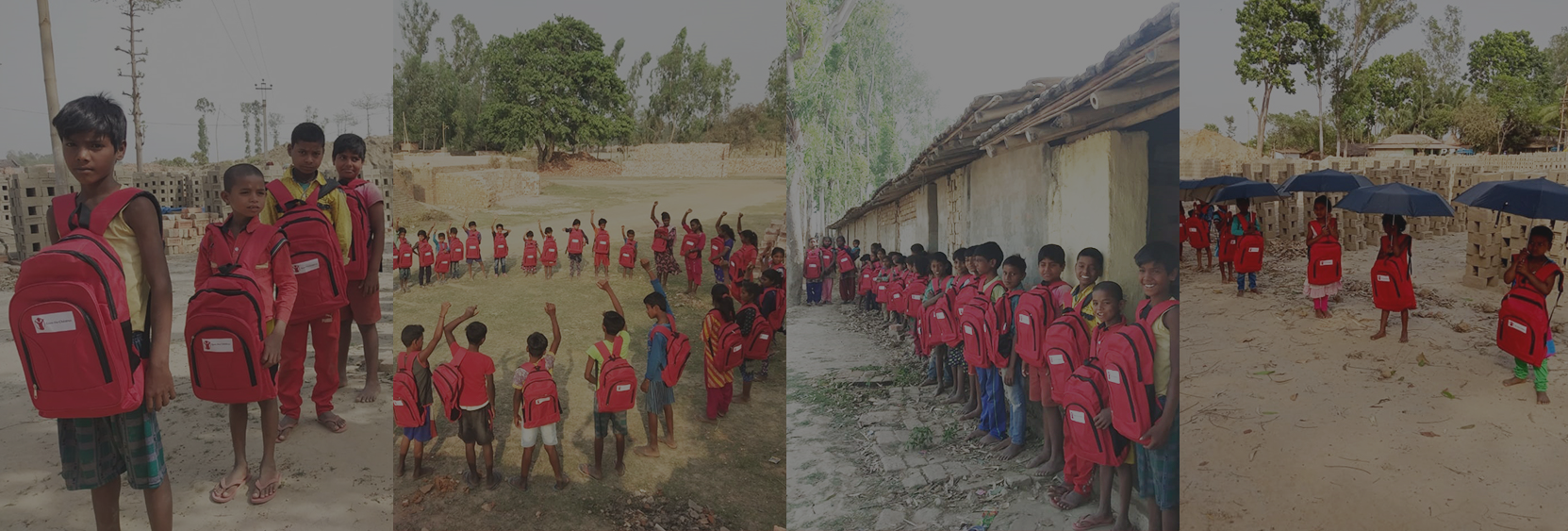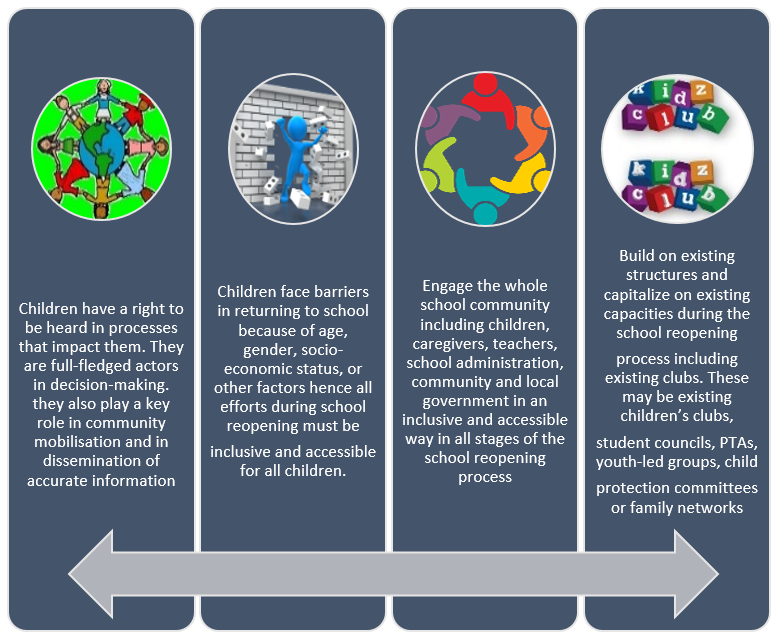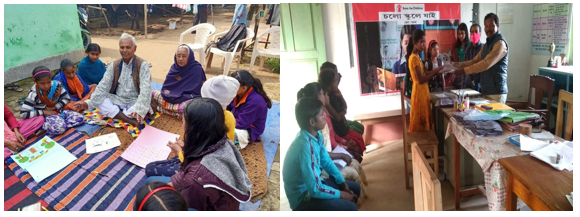Even in 2021, the world still continues to grapple with the COVID-19 pandemic. More than 1 billion children are at risk of falling behind due to school closures aimed at containing the spread of the disease. At Bal Raksha Bharat, our goal is that no child or young adult, especially girls, migrant and tribal children and those in street situations are deprived of going back to school. Special attention is paid to keep learning alive and ensuring safe and sustained return of children to learning facilities. Our work on ‘Back to School’ revolves around these key principles:
How Bal Raksha Bharat is Ensuring Learning Continuity for Children
⭐ We are engaged with the entire community, including children and young adults, through back-to-anganwadi programmes and school campaigns which are child-friendly and age-appropriate. These are accessible to all children (including the least accessible categories) and are available to them in their local language. To help reach a larger audience, messages are shared through different modes, for example loudspeaker, radio, TV, mobile libraries, community learning centres with captions and posters containing images and simple text). These are initiatives taken in collaboration with the State Education Departments.
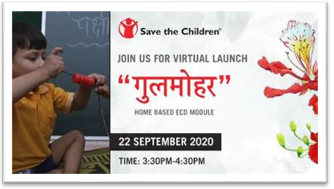 |
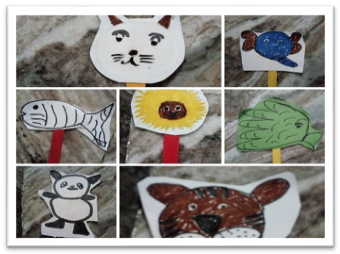 |
⭐ Remote learning support is provided to the children in programme states including West Bengal, Bihar, Delhi, Rajasthan, Odisha, Jharkhand, Karnataka, Maharashtra. Anganwadi Workers, teachers and parents are connected through regular calls, WhatsApp groups and SMS services. Continuity of learning is achieved virtually through creative methods, like using household materials as learning tools. Without schools and child care facilities, caregivers have stepped into the roles of a teacher, peer and a friend. Homes have become the new classrooms and playgrounds.
Gulmohar, a framework developed by Bal Raksha Bharat, is based on the Ready to Learn Common Approach covering all domains of development, health hygiene and positive parenting. It’s a ‘hands on’ learning tool which the parents can use easily to organise activities for children at home given their child’s interest and skills. It features games and activities which caregivers can do at home using common household items. The framework is based on the principle that children learn best through play and by interacting with their surrounding environment. By maintaining a close tele contact with the caregivers, Gulmohar ensures that the critical foundational years are not lost due to any crisis & uniquely positions the caregiver as a contributor to the learning process. Gulmohar supports rural, urban and tribal locations across 6 states of Delhi, Bihar, Jharkhand, West Bengal, Odisha and Karnataka reaching 5300 children.
⭐ Psychosocial care and well-being of children and care givers is an essential component to be looked into if we want our learners to return to school without any emotional baggage. Children may feel nervous or reluctant to return to school, especially if they have been at home for months. Some might be concerned about having fallen behind their peers. They may experience stress or anxiety if they fear losing a loved one or have lost a family member or peer. In safe return to schools, caregivers play an important role in supporting the wellbeing of the learners, making it easy for them to get back to learning and sustain the momentum.
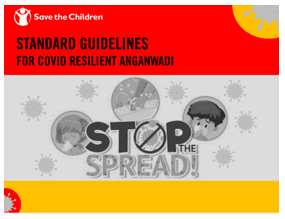
⭐ In Karnataka, West Bengal, Telangana and Andhra Pradesh, Safe return to Schools and Anganwadi guidelines have been launched in collaboration with the State Governments.
⭐ In Jammu & Kashmir, 98 schools developed action plans regarding zero day loss in school education through a multi stakeholder engagement including children’s groups, parents, SMCs and Social Religious Leaders Groups.
⭐ In Rajasthan, School Safety Audits have been done in 51 residential and non-residential schools having children in the age groups of 6-18 years
Storytelling session led by community members in Bihar and Enrolment Drive in West Bengal
⭐ 5280 children enrolled in schools
⭐ 6629 children enrolled in Anganwadis
⭐ 32,432 children supported for learning continuity and wellbeing during school and anganwadi closures, through Back to School (B2S) initiatives
⭐ 17,300 families supported with messaging around precautions during COVID and ensuring learning continues at home
(This number is cumulative figure calculated from the onset of the pandemic till date from Jammu and Kashmir, Delhi, Rajasthan, Maharashtra, Karnataka, Bihar, West Bengal, Jharkhand, Odisha, Andhra Pradesh updated till March 2021)


